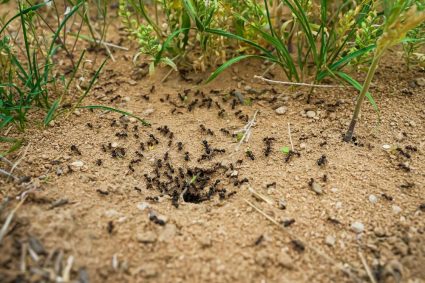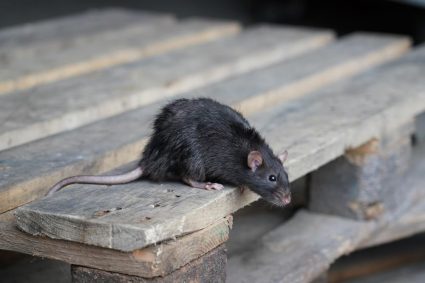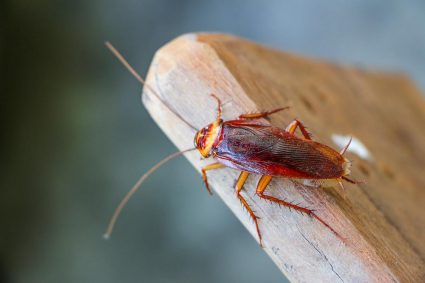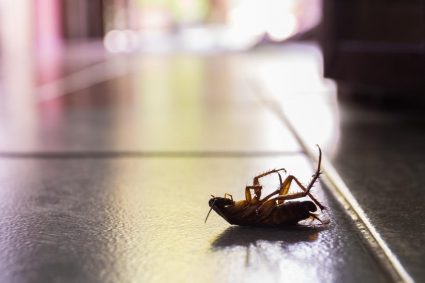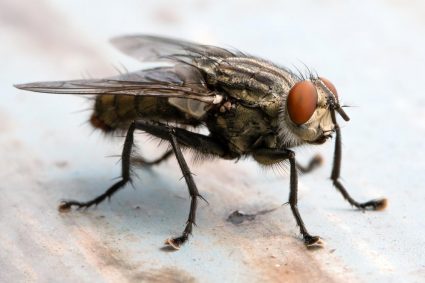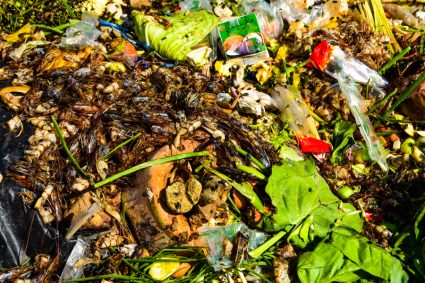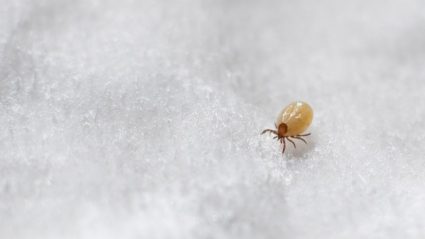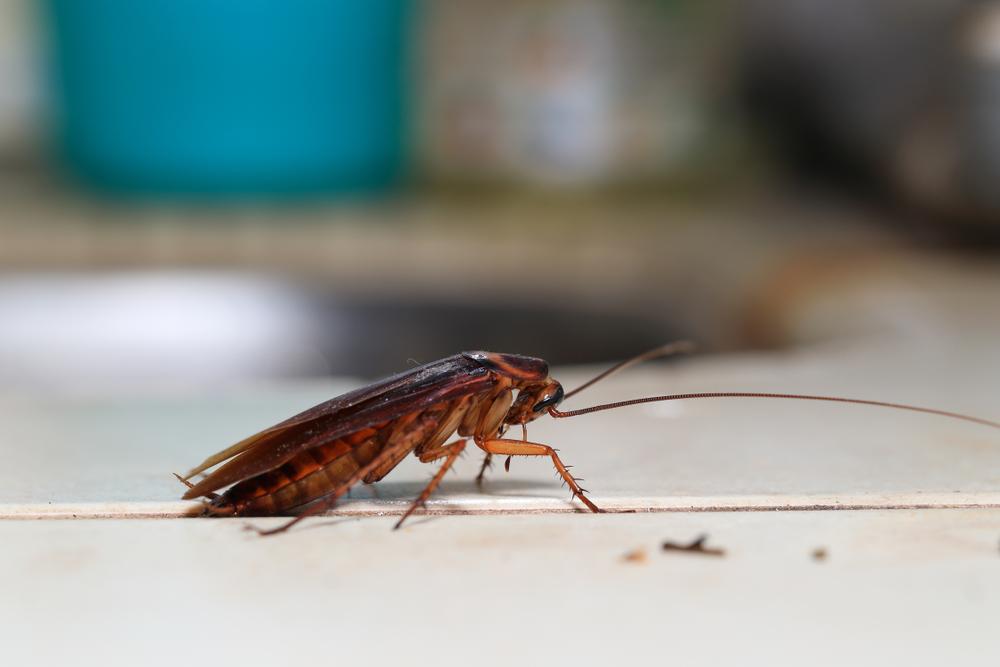
Roaches are one of the most common and resilient pests found in homes. They particularly love invading kitchens due to the ideal conditions it provides: easy access to food, water, warmth, and shelter. Understanding what attracts roaches to your kitchen, their common hiding spots, and the risks they pose can help you prevent an infestation. This article will provide an in-depth look at what causes small roaches in the kitchen and how to prevent them.
Small roaches in the kitchen are primarily caused by exposed food, uncovered garbage, water sources, and crevices that provide hiding places. Poor sanitation can also contribute to a roach infestation. To prevent them, maintain cleanliness, store food properly, seal entry points, use home remedies or traps, and consider professional extermination if the infestation is severe.
Types of Small Roaches in Kitchens
Several types of small roaches can be found in kitchens, each with its own preferences and behaviors. The most common types include:
- German Cockroach: Attracted to warm, humid environments with access to food and water, German cockroaches are the most common type found in homes.
- Brown-Banded Cockroach: Prefers warm, dry spaces and often found higher up in rooms.
- American Cockroach: Though typically found outdoors, they can move inside and infest kitchens if conditions are ideal.
- Asian Cockroach: Similar to the German cockroach, they are also attracted to food, water, and warmth.
- Pennsylvania Wood Cockroach: Less common in kitchens but can still be found indoors searching for food and warmth.
Causes of Roach Infestations
Roach infestations in kitchens are primarily caused by:
- Exposed Food: Leaving food out or not cleaning up crumbs and spills can attract roaches.
- Uncovered Garbage: Roaches can find food in garbage cans, so keeping them covered and regularly emptied is essential.
- Water Sources: Roaches require water to survive, so leaky faucets, pipes, and standing water can attract them.
- Crevices and Hiding Places: Roaches can enter homes through small gaps and cracks. They prefer dark, moist areas close to food sources.
- Poor Sanitation: Keeping your kitchen clean and free of food debris is crucial in preventing roach infestations.
Health Risks of Small Roaches in the Kitchen
Roaches pose several health risks, as they can spread diseases, pathogens, bacteria, and germs, which can cause illnesses such as E. coli, salmonella, typhoid, and even asthma attacks in sensitive individuals. To minimize these risks, it’s essential to maintain cleanliness, reduce humidity, and eliminate roaches’ access to food, water, and shelter.
Prevention Measures
To effectively prevent small roaches in your kitchen:
- Maintain cleanliness: Regularly clean your kitchen floors, countertops, and appliances.
- Store food properly: Keep food in airtight containers and avoid leaving unwashed dishes and utensils overnight.
- Seal entry points: Close any cracks, gaps, and openings around baseboards, cabinets, and walls.
- Use home remedies: Some effective home remedies include boric acid, baking soda and sugar mixture, diatomaceous earth, and neem oil spray.
- Set traps: Sticky traps can help capture roaches.
Elimination Methods
If you already have a roach problem, here are some effective ways to eliminate them:
- Use natural compounds: Apply boric acid and diatomaceous earth in areas where roaches are present.
- Try home remedies: A mixture of boric acid, flour, and sugar can attract and kill roaches.
- Use roach baits: These combine a mixture of food with a tiny amount of poison to attract and kill roaches.
- Seal entry points: To permanently rid your home of roaches, seal any openings and maintain a vegetation-free zone.
- Call in a professional: If the infestation is severe, consider hiring a professional exterminator.
In conclusion, a combination of cleanliness, proper food storage, sealing entry points, and using natural or commercial roach killers can effectively eliminate small roaches from your kitchen. If these methods fail, don’t hesitate to call in a professional exterminator.
Frequently Asked Questions
How often should I clean my kitchen to prevent roaches?
You should aim to clean your kitchen daily. This includes washing dishes, wiping countertops, sweeping floors, and taking out the garbage. Regular deep cleaning, such as cleaning behind appliances and inside cabinets, should be done at least once a month.
Can roaches be dangerous to pets?
Yes, roaches can be harmful to pets. They can contaminate pet food and water with bacteria and parasites that can cause diseases. Additionally, some pesticides used to kill roaches can also be harmful to pets if ingested or inhaled.
Are there any specific signs of a roach infestation?
Signs of a roach infestation include seeing live or dead roaches, finding roach droppings (which look like coffee grounds), and noticing a musty or oily smell. Roaches are nocturnal and prefer to hide, so seeing one during the day could indicate a larger infestation.
How long does it take to get rid of roaches?
The time it takes to get rid of roaches can depend on the severity of the infestation and the methods used. In mild cases, it could take a few weeks of consistent effort. In severe infestations, it may take several months and require professional assistance.
Can roaches survive without food and water?
Roaches can survive for up to a month without food, but they can only survive for about a week without water. This is why eliminating sources of water in your kitchen is a crucial step in preventing and treating a roach infestation.

